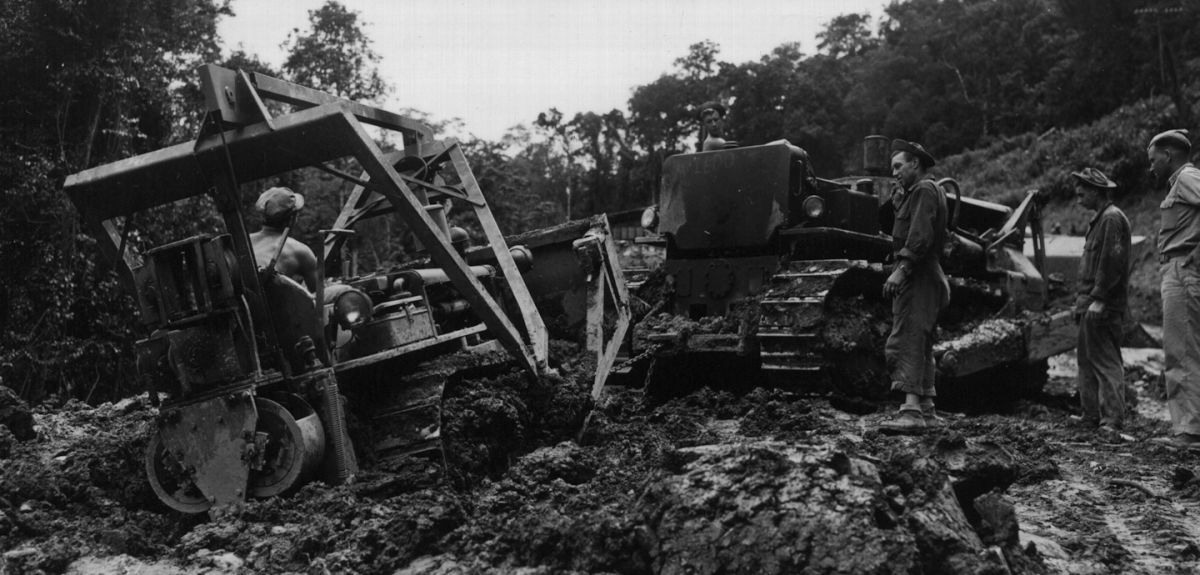
U.S. National Archives and Records Administration
The 'unknown army' - exploring India's role in World War Two
The story of the “unknown army” of ordinary people in South Asia working for the Allies in the Second World War has been told by an Oxford University historian.
Yasmin Khan, associate professor of history at Oxford University, who is based at the Department for Continuing Education, has written 'The Raj at War: A People's History of India's Second World War', which has been published by Penguin Random House.
'There were millions of South Asians working towards the imperial war effort and we never hear about them,’ says Professor Khan.
'What do we know about the thousands of women who mined coal for wartime in Bihar and central India, working right up until childbirth?
'Or the gangs of plantation labourers from southern India who travelled up into the mountains of the northeast to hack out roads towards Myanmar and China? Or the lascars (merchant seamen) such a Mubarak Ali, remembered simply as "a baker" who died in the Atlantic when the SS City of Benares was torpedoed?
She adds: 'It wasn't glamorous work: "coolies" loading and unloading cargo at imperial ports or clearing land for aerodromes did not share the prestige of fighter-pilots. But their work could be very dangerous.
'Thousands of Asian labourers died building treacherous roads, including the Ledo Road between China and India, working with basic pickaxes and falling prey to malaria and other tropical diseases.'
Why have their stories not been told? One reason Professor Khan identifies is that Indian workers did not write diaries or memoirs, yet there are hundreds accounts by British officers stationed in South Asia.
This is not just a matter of literacy - workers would probably have been less interested in the war and just looking to make a living.
The writing of post-independence nationalist myths after the partition of 1947 and the carving up of new countries also distracted from the role of workers in the war.
'In the rush to write new histories of nation states after 1947, much of the history of the 1940s was locked out from official memory,’ says Professor Khan.
'Tales of the freedom struggle took precedence. And in Britain and the US, the emphasis was placed on remembering military contributions to major battles, not on the everyday lives of anonymous workers.'
The book is published in the USA under the different title, India at War, and published by Oxford University Press.